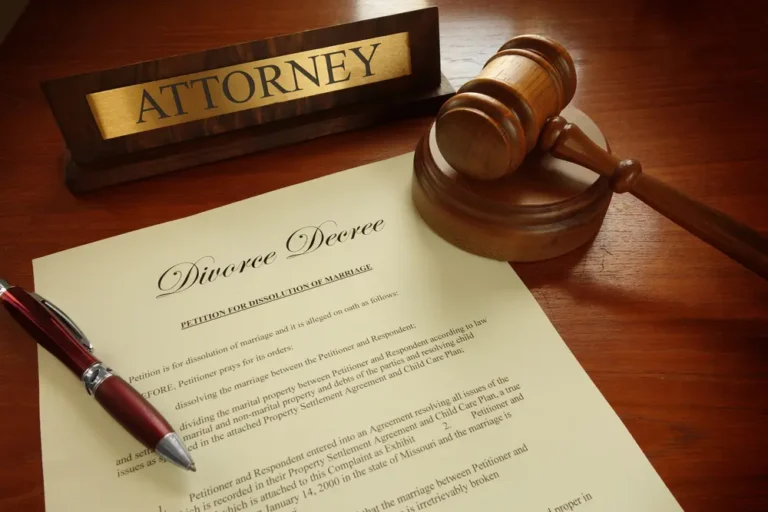Divorce: What Happens To Our Belongings~2 min read
Texas is a community property state. This means that all property acquired during the marriage belongs equally to each spouse. This includes not only your real estate, retirement accounts, automobiles etc., but also includes your belongings, such as your furniture.
How to Divide Belongings
The first step in dividing your belongings is to make a list of all the items you own together. This includes individual items such as a piano, paintings, bedroom set, living room furniture, etc. You need to put a monetary value on these items.
Identify separate property. You each need to make a list of property that is your separate property and not included as community property that needs to be divided. Separate property includes:

- Property that you owned prior to your marriage and did not commingle with community property.
- Any gifts you personally received.
- Any inheritance that was left solely to you and did not include your spouse.
- A personal injury award you received for your injury.
Identify community property. This is all property you acquired during your marriage.
Division In an Amicable Divorce
If you are having an amicable divorce, such as using mediation or the collaborative process, you may be able to divide these items between yourselves without needing court intervention. If so, you will itemize the belongings in your divorce settlement agreement including which spouse received which item.
Division in a Contentious Divorce
After all the assets have been identified and a monetary value placed on each one, the judge will determine how to divide the assets. Although Texas is a community property state indicating there should be a 50/50 division of the property, it doesn’t always work that way. In making the decision of how to divide the assets, the judge will consider:
- The desire of each party and evidence to support one party’s claim that they should receive the property.
- Whether either spouse has a disability.
- Whether the spouses have any inequality in earning capacity.
- Who will have custody of the children.
- Which parent will be paying child support.
- The value of each party’s separate assets.
- Whether one party has a personal desire for a particular asset.
For more information about the division of assets in a divorce, contact Springer & Lyle attorney Daniel Abasolo at 940.387.0404 to schedule a consultation.






